This is one of a series of reflections I plan to write as I wind up my almost twenty year stint as a local elected official. The goal is simple: share things I’ve learned, or think I’ve learned, which I didn’t know before I began that journey. Which will, hopefully, make the interactions of my fellow residents with government more effective and more comprehensible. Because I’ve noticed there’s a lot of confusion out there about how government operates ????!
The Secret Amendment to the US Constitution1 requires all citizens to be suspicious of government. Which a surprisingly large number of people are, despite the fact government does many things reasonably well. Not always to our individual expectations. But that’s generally because other individuals don’t want exactly what we want so what results is a compromise.

This even exists on the local level. How many times have you heard statements like “oh, the Council is in the pockets of the developers”? Or “they’re only in it to enrich themselves”? Or “they care about their friends but that’s all”? Or “staff actually runs San Carlos”?
I won’t dispute there aren’t examples of these, and other, anti-community behaviors in the history of government. But, by and large, they’re quite rare in San Carlos.
Except for the last one. Which, as I’ll try to explain in this article, has an element of truth to it…that the public can do something about.
First off, a key disclaimer: I like and admire our city manager, Jeff Maltbie. He is knowledgeable, thoughtful, and — more importantly — understands it’s not his job to make policy decisions. That’s the Council’s responsibility. He “merely” has to figure out how to implement the policies. In fact, I’ve privately counseled him to pursue working in a bigger, more challenging city than San Carlos. He’s got that level of skill and talent.
But, by design, city managers and city councils bump up against each other. We are supposed to tell Jeff what to do…but not how to do it2. Similarly, he’s not supposed to formulate policy for us. On paper this arrangement should work quite smoothly.
In San Carlos, however, it often doesn’t. Not because either side is cheating. But because the Council isn’t exercising its authority to set policy. Instead, it tends to ask staff for guidance or choices and then pick one of them. That puts staff, and particularly the city manager, front and center in policy-setting.
I think there are several reasons for this, including these:
- It’s stressful, and can be politically costly3, to make decisions. Because as readers of this site know we almost always only get to make “least bad decisions”, not “good” ones. Everything we do annoys or angers someone or some group because we’re in the business of balancing competing interests. It’s easier to let staff make or flesh out a policy (which also gives us plausible deniability).
- Developing consensus — remember, the Council can do nothing unless and until a majority of it agrees — on policy is hard. Very hard. We are generally in the position of those five blind people in a room trying to describe, visually, an elephant by touching it. Never having seen or dealt with an elephant before. Again, it’s easier to let the “experts” play a big role even though they aren’t experts at judging what San Carlans may want done.
- The Brown Act forbids the kind of informal get-togethers and discussions which are the basis of most major policy initiatives developed in the private sector. Don’t get me wrong; I think the Brown Act is a terrific piece of legislation because it requires almost all public policy discussions and decisions take place in public. But it keeps elected officials from talking among themselves, except in a stylized/formalized way…unless they are more than a little exhibitionistic and are willing to say things which others may be able to easily refute. No one knows everything. But few people are willing to have their ignorance highlighted. Doubly so when they need to stand for re-election or are seeking higher office.
- The most important job of any competent city manager is to execute faithfully the policy decisions of their council. But the second most important job is to keep the council members happy. Because it pays to stay on good terms with your boss, even if they are a committee. From the other side, part of being a good boss is to develop a rapport with your staff. But forging that relationship may encourage electeds to defer more than they perhaps should to the city manager..
- Being in a policy-setting leadership role is new for almost everyone when they join a council4. It’s always easier, and less “scary”, to continue doing what you did to get into your position than it is to do the things that are new to you as a result of having attained a new position. Unless you have executive-level private sector experience, have built a new business from the ground up, or done something comparable, you’re far more used to pitching ideas to higher-ups to gain approval than you are developing policies, particularly ones that involve a lot of variables, affect a lot of people and businesses, etc.
All of which makes a leadership vacuum more likely than not. Plus, San Carlos has a (well-deserved) culture of “going along to get along”. That makes for a tighter-knit and friendly community. But it doesn’t map well to resolving potentially contentious issues. Which are, if the system is working correctly, the only kind that come before the Council.
I don’t want anyone to think what I’m describing is unique to the current Council. One of the strangest things I heard as an elected official in nearly 20 years of service was Jeff Maltbie saying in 2017 and 2018, “We have more than enough money to take care of the likely risks we’ll face. You have to tell me what you want to do.” He was asking the Council at the time, pointedly, to give him the policy direction he wasn’t receiving.
I mentioned earlier there are things the community can do to ensure its local government is setting policy adequately5. Here are a few suggestions:
- Get knowledgeable and stay on top of issues that will be affecting San Carlos over the next few years. Too many people only pay attention, for example, to development proposals when they’re before the Council for approval. That’s way too late, by law, to define the policies those developments must adhere to. The time for the Council to set policy is before any specific need for the policy has appeared. That means we have to, somehow, know what the future holds. Community input on what our future challenges and opportunities are helps define the playing field on which public policy gets made.
- Question candidates on how they see their role vis a vis staff (in fact, continue to do that after people are elected). If you see a tendency to defer, challenge it. Or cast your ballot elsewhere.
- To the extent you have the time, organize! As in, get a group of like-minded people together who are concerned about similar things and petition the Council to address your concerns. If your life doesn’t permit organizing something you can still play an important role by finding and joining a group that shares your concerns6. You may not end up with exactly what you want — in fact, that’s pretty rare — but you can move the needle, sometimes quite a bit.
Too often I suspect we all view “government” as something separate from us, with which we have a purely transactional relationship. The reality is more complex. We are the government, of which the official/visible segment — elected leaders, staff, etc. — is just a part. Just like no integrated system can function well when part of it is offline government can’t function well when the people it represents aren’t engaged.
Such engagement comes at a cost — less time to spend on individual goals and priorities — but more engagement means better policy and more effective administration of those policies. For me, I think it’s worth sacrificing some on the individual side to get a lot more from the community side.
You knew there had to be one, right? ↩
Other than by perhaps setting boundary conditions, e.g., paying people on a project prevailing wages ↩
You can’t govern if you don’t get re-elected, no matter how good your ideas actually are. ↩
They’re the entry-level positions of government. ↩
Defined as “more or less acceptable to most people most of the time.” ↩
A great example of how this can focus the Council on making policy decisions involved the changes made to our single family home zoning rules. Making those revisions was not a Council priority…but it became one after a dedicated group of San Carlans organized and lobbied strongly for it. If you decide to pursue this approach and want some help, drop me a line. I’m happy to share my sense of how that kind of thing is done. ↩
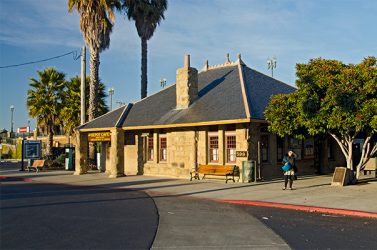
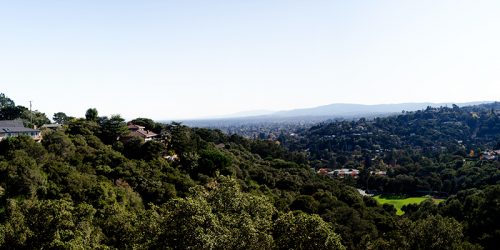
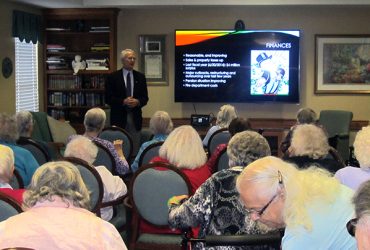
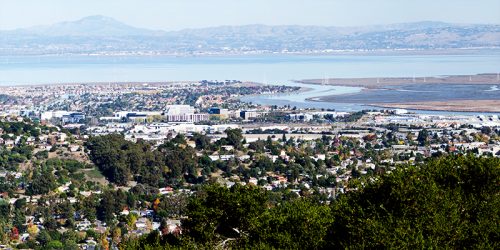
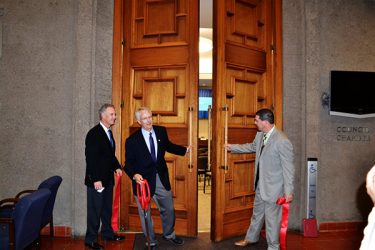
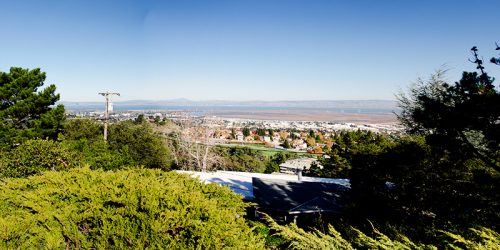
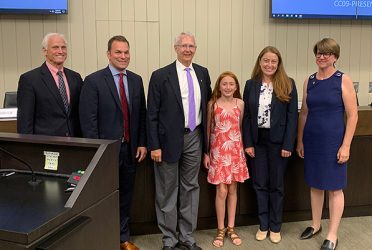
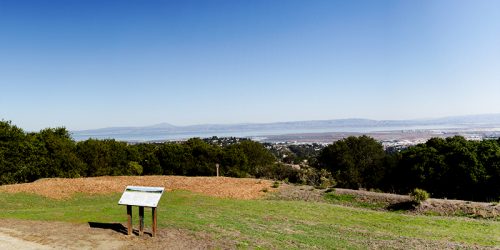
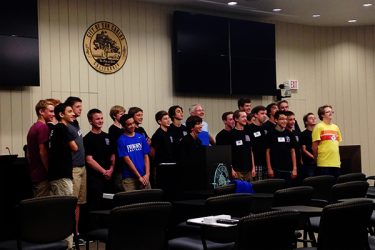
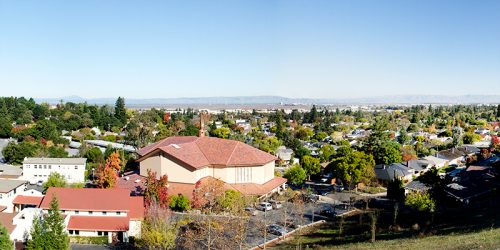
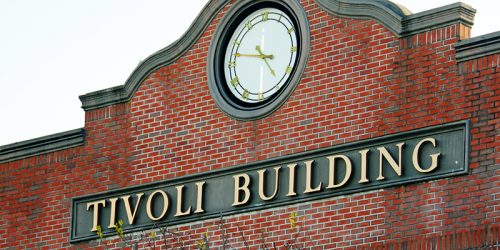
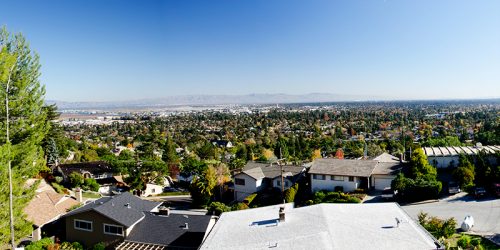
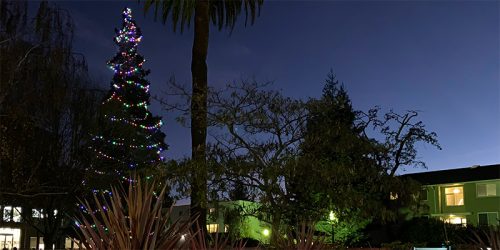
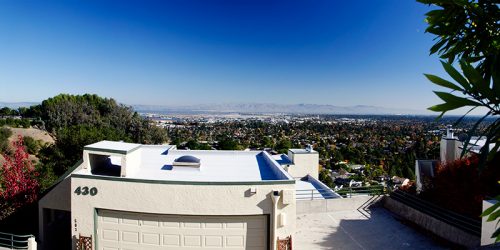

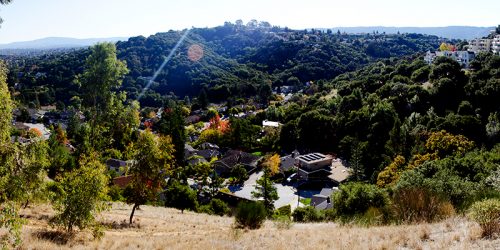
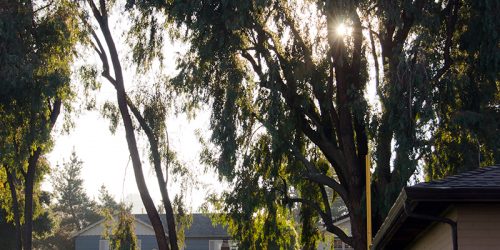
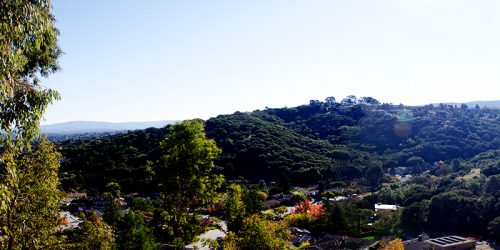
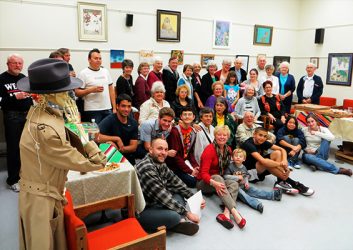
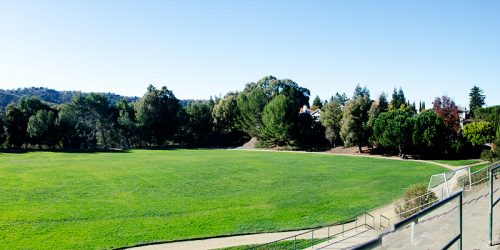
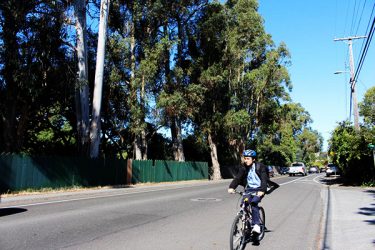

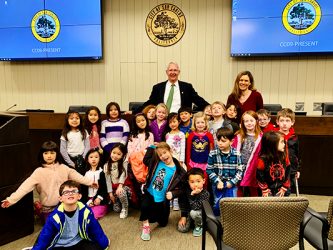
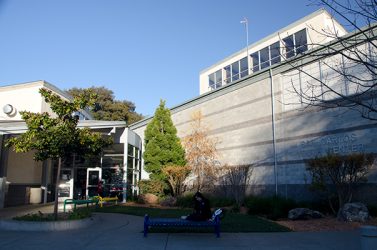

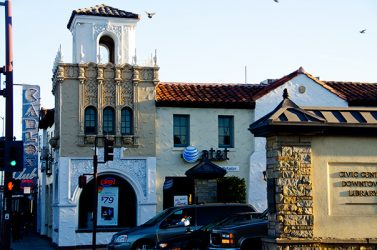
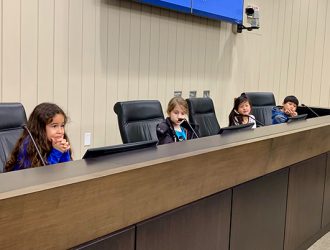
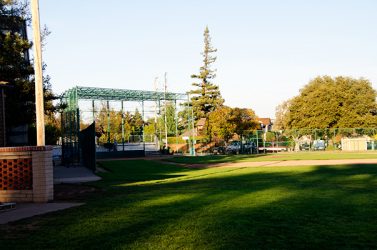

2 thoughts on “Reflections: Who’s Running This Place, Anyway?”
Mark
I just read where a regional commission voted in a plan that in cluded San Carlos built 2300 more housing units.. My question to you is where are they supposed to go????
The cities current plan to commercialize the East side of SC will reduce residential space. You have built those awful units next to the train tracks. There are already fire concerns about further building in the hills.. These I’ll conceived runaway plans to cram in more units and increase our population by approx. 22 percent without any plan to support improved infrastructure will destroy the very spirit of the City of Good Living
Hi Tom,
Given the built-out nature of San Carlos (and most of the peninsula) they’d be the result of building more multi-family housing (e.g., apartments and condos). For transportation reasons I doubt any such new construction would be done in the hills (higher density housing generally works best near or on transit corridors).
There are large parts of the downtown area which have been zoned for higher density housing for many years but haven’t seen much, if any, such construction (e.g., areas where there are one or two story apartment buildings which allow for four story structures).
There are other parts of San Carlos (e.g., the commercial/light industrial/retail area south of Commercial Street on the east side) which could also potentially be built out to include multi-family housing.
Everyone’s entitled to their opinion but I don’t share the idea that change will destroy the very spirit of the City of Good Living. Which has evolved a lot over the last few decades — remember, San Carlos was dying, as in its population was dropping, back in the ’80s. The essence of any community is the people who live there, not the particular structures they live in. Although, granted, some people strongly prefer certain types of “living environments” over others. The challenge is it’s very difficult for a community that’s part of other, larger communities to simply declare “stop the music”.
We might be able to do that if we abandoned plans to allow the 2,000,000+ square feet of office construction heading our way in the next few years. That’s why I’ve been pounding the drum about how we >>have<< to address the jobs/housing balance (which is about to get pretty unbalanced away from housing, which is already in short supply). Personally I wouldn't seek to stop that construction. But I would demand it be accompanied by new multi-family housing and a boatload of new community amenities (e.g., parks, bike routes, etc.).